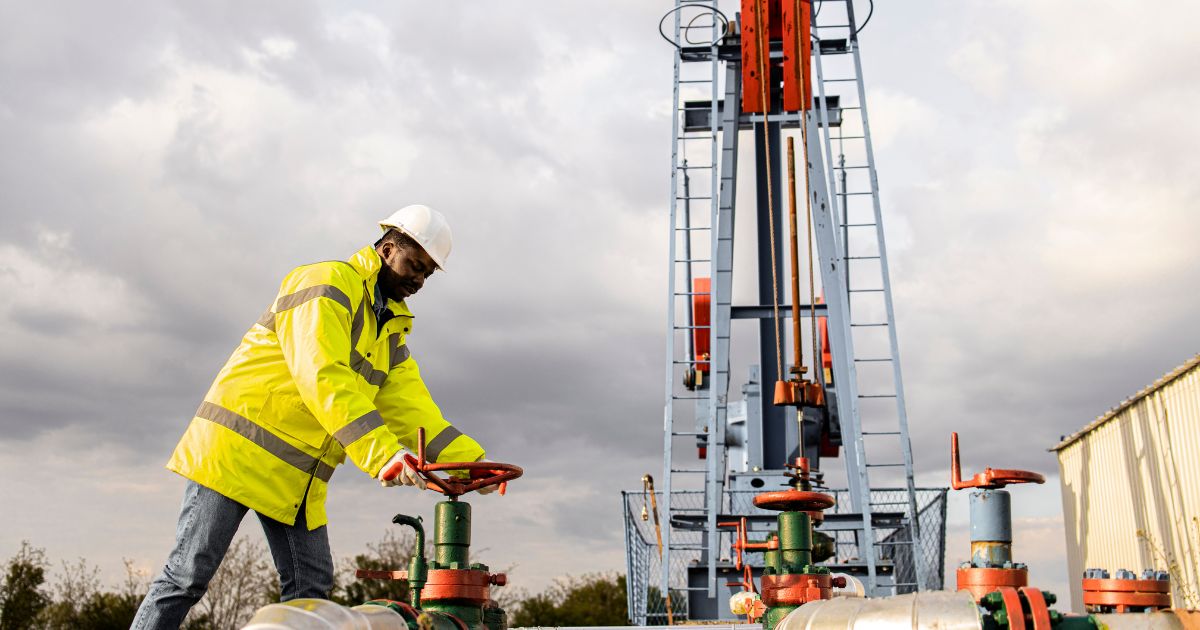There are also certain industries in which women have very little representation. Commercial transportation is one of those industries. While plenty of women work in dispatch and office support roles, there are passingly few women driving semi-trucks professionally. Issues with company-wide bias may be part of what keeps women out of the commercial transportation industry. Recently, some aspiring truck drivers have joined together to file a lawsuit alleging sex-based discrimination.
What drivers experience
Imagine spending $7,000 for courses to obtain a commercial driver’s license, only to get turned down for every open job. That is exactly what some women trying to break into the commercial transportation sector have experienced. The reason employers gave was the lack of current female drivers.
Many transportation companies require on-the-job training, meaning new drivers go out on the road with existing employees. The lack of female drivers for training meant that female applicants ended up on an interminable waitlist, while male applicants cruised right ahead with a new job. Eventually, a group of women who experienced the same issue decided to file a class-action lawsuit against a company that refused them fair opportunities because of their sex.
The frustrated women, who have undergone the same training as the men easily moving into positions, want to hold a specific company accountable for failing to accommodate them. Both the failure to acquire female drivers to work as trainers and the refusal to develop alternative solutions have unfairly denied qualified female applicants fair opportunities.
Oftentimes, it takes a few people speaking up about injustice for anything to actually change. The lawsuit in this case could potentially help even the playing field for women who want to drive commercial trucks in the future. Those who learn that a company mistreated them due to a protected characteristic, such as their sex, could have grounds to take legal action. Fighting back against sex discrimination can benefit those who have experienced setbacks due to discrimination and others who may pursue the same career in the future alike.








